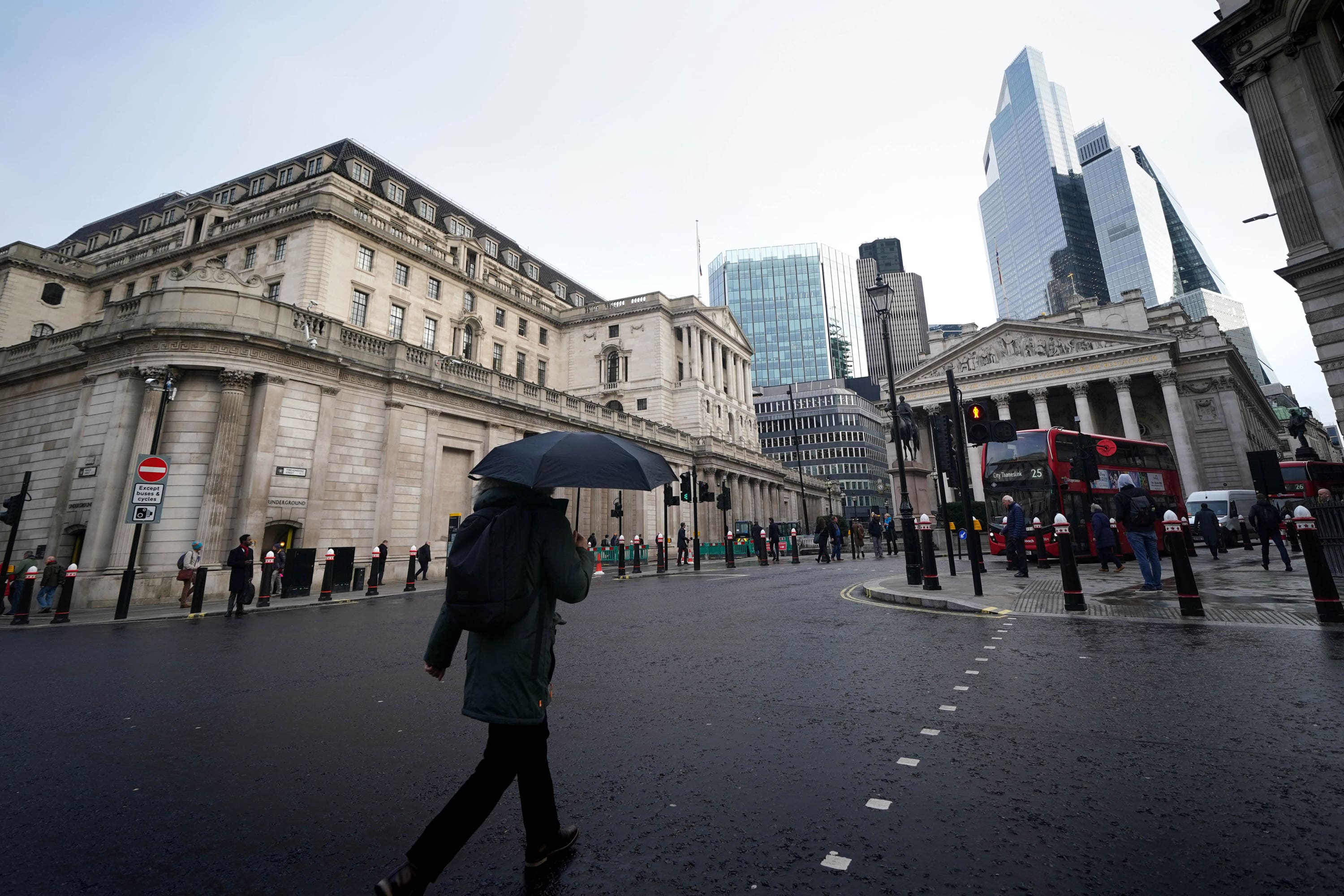Bank policymaker says higher interest rates needed to ‘purge’ inflation risks
Catherine Mann, a member of the Bank’s rate-setting committee, raised concerns over inflation staying at its 2% target level.

A policymaker at the Bank of England has said interest rates need to stay higher for longer in order to “purge” the risks to UK inflation.
Catherine Mann, an economist and member of the Bank’s rate-setting committee, raised concerns over factors that could mean price rises remain above the official 2% target level for longer.
Her remarks come a day after the central bank voted to keep the UK base rate on hold at 5%.
Governor Andrew Bailey sounded a note of caution when he said it is “vital that inflation stays low”, meaning the committee needed to be “careful not to cut too fast or by too much”.
Policy therefore needs to remain restrictive for longer to purge these behaviours
It followed rates being cut from 5.25% last month, the first reduction since the onset of the Covid pandemic in 2020.
Ms Mann, who is one of the more hawkish members of the Monetary Policy Committee (MPC), favouring a more restrictive policy, said she was particularly concerned about services inflation.
This tracks price rises across the services sector and has been watched closely by policymakers.
In a speech delivered at a conference in Lithuania, she said: “To summarise, I am concerned that structural factors underpin an unsustainable path for the UK economy with embedded and sticky services inflation to render inflation above-target for longer and, yet at the same time, stagnant real activity.”
She said that, “there would appear to be more upside risks to overall inflation” in the UK.
Ms Mann, who was one of the eight members of the nine-person MPC to vote to hold rates at 5% on Thursday, explained her decision-making.
“There is a further accumulation of evidence of consumer weakness across products and particularly middle-income deciles, as housing costs are a larger fraction of their consumption basket,” she said.
This implies that more households are being squeezed by higher rents and mortgage costs.
Ms Mann said she did “contemplate” a rate cut in August, “as the bite from housing costs was becoming deeper and more widespread”.
But, in the end, she was among the members voting to keep rates the same because of the risks to inflation remaining at the Bank’s target level.
“Policy therefore needs to remain restrictive for longer to purge these behaviours,” she said.
Bookmark popover
Removed from bookmarks